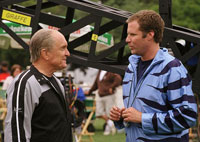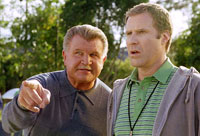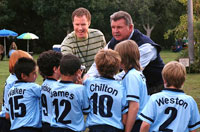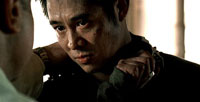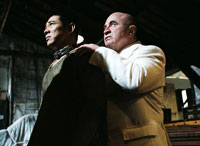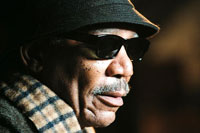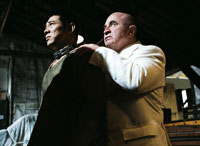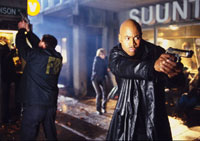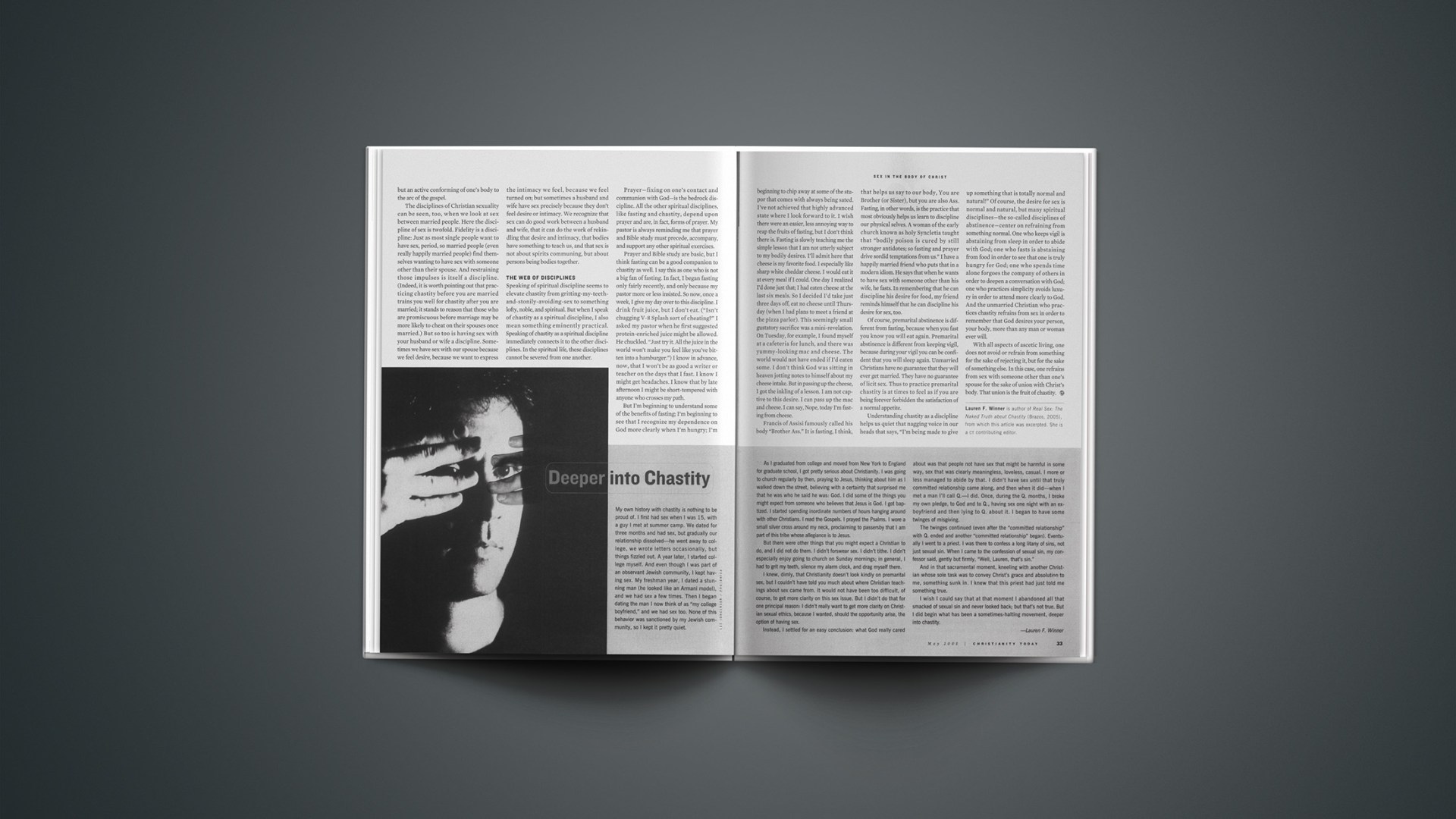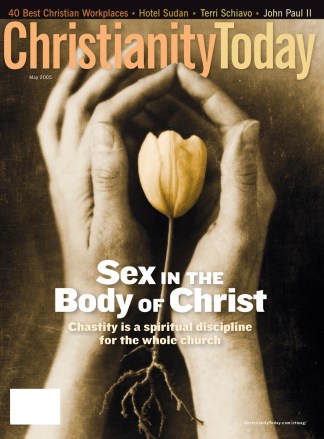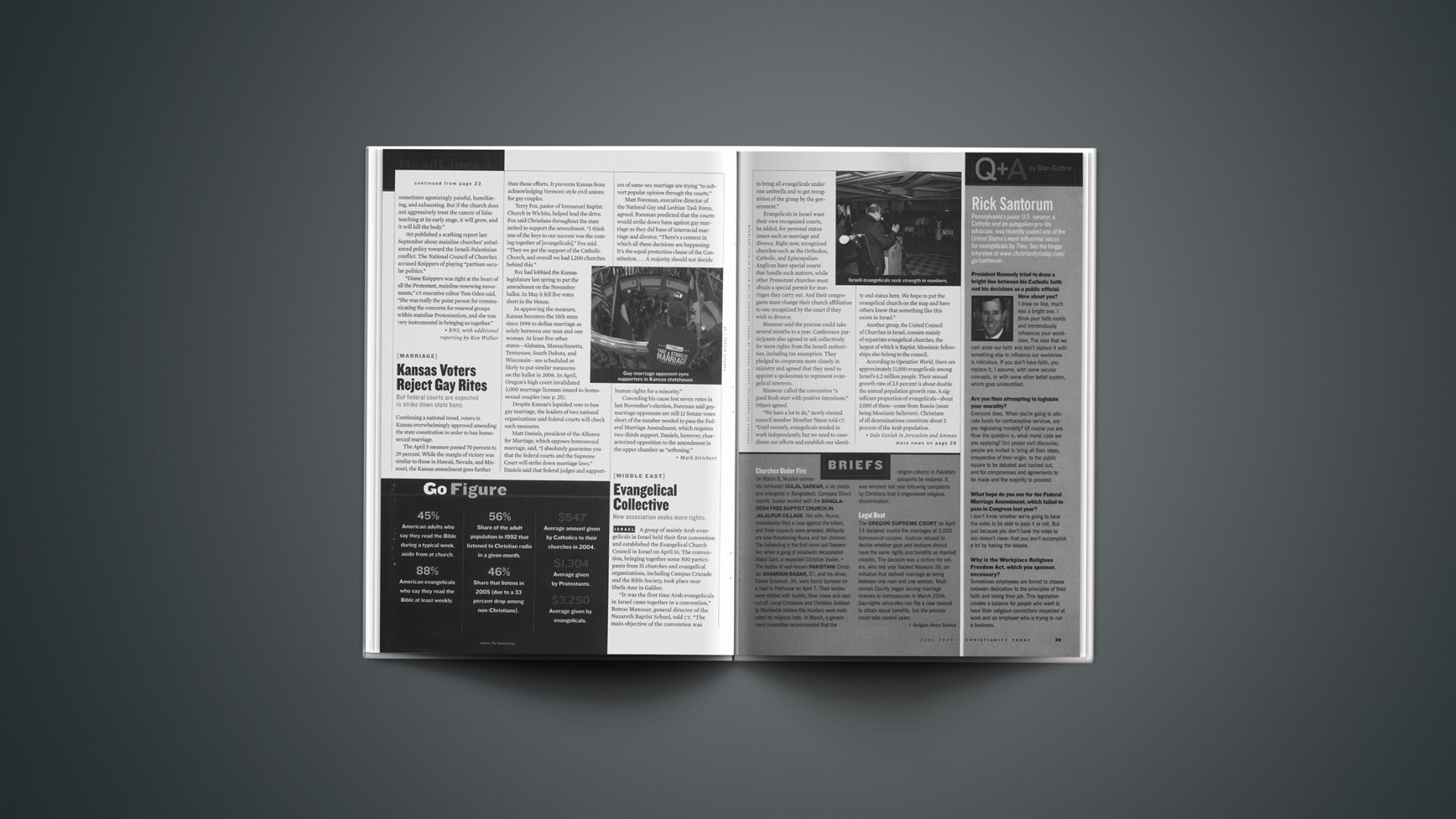I have to hand it to Sir Ridley Scott. He knows how to grab your attention. In the opening scenes of his epic Crusades movie Kingdom of Heaven, the young poor blacksmith Balian (played by Orlando Bloom) suddenly finds himself heir to a fief in the exotic East. His crusading father Godfrey (Liam Neeson), recently returned from the Holy Land to France, offers his illegitimate son Balian not only a chance to find forgiveness for his wife’s suicide by going on crusade but also the hope of securing a new future as a noble in the Kingdom of Jerusalem. Balian hesitates at first but then takes the bait, and off he goes with Godfrey.
Fine and good as far as movie theatrics go, but was Balian a real person? How much of this is history and how much of this is Scott just spinning a good story? And how reliable is Scott as an interpreter of crusader motivations?
Balian did in fact play a crucial role as a Crusader noble in the events surrounding the fall of Jerusalem in 1187 to the Muslim sultan Saladin. But Balian never had to travel to the Holy Land—as he does in the movie—because he was already part of the nobility there. His father Balian the Old (not Godfrey) fathered three sons, Hugh, Baldwin, and Balian, all of whom were legitimate and recognized as such. Long before Saladin made his masterful invasion of the Holy Land, Balian and his elder brother Baldwin had established their reputations as competent members of Palestine’s feudal nobility. Indeed, Balian was married to royalty even before the events Scott portrays—and he wasn’t at all romantically involved with the princess Sybilla, sister to the king of Jerusalem. (Actually Balian’s brother Baldwin was the one who had a love interest in Sybilla.)
In the movie, Balian’s faith in God is in jeopardy. Scott has Balian questioning whether God even knows him—his search for forgiveness in Jerusalem ends in disappointment. But what little we know about Balian from historical records suggests he was indeed a pious Christian who took his faith quite seriously. According to one account from the 13th century Estoire d’ Eracles (an old French translation and expansion of a 12th century Western chronicle of the Crusades), Balian was on his way to join forces with other crusaders when he realized it was a church feast day and stopped in town to take Mass. Rather than doing his military duty, he stayed overnight at the house of the bishop, talking all night with him. The visit actually cost the kingdom something, as Balian was not there to help his comrades prevent a military defeat.
Nor do Balian’s actions following the fall of Jerusalem suggest a man who had lost his faith. Far from being disgusted with the Crusades and returning to France (historian Jonathan Riley-Smith points out Balian’s grandfather was from southern Italy, not France) Balian retired to Beirut in Lebanon, which he proceeded to fortify against Muslim invasion. He was present at the signing of a truce with Saladin, which secured a measure of peace for the few Crusader cities still left. And his descendants continued to play important roles in the Crusader kingdoms of the 13th century.
That’s not to say Balian was the epitome of piety. As a warrior, he could be ruthless if need called for it. Saladin’s vow to kill the crusaders, their women, and children once he took Jerusalem drove Balian to an equally heartless solution. Muslim chronicler Ibn Al-Athir quotes Balian as such:
Know O Sultan, that there are very many of us in this city, God alone knows how many. At the moment we are fighting half-heartedly in the hope of saving our lives, hoping to be spared by you as you have spared others; this is because of our horror of death and our love of life. But if we see that death is inevitable, then by God we shall kill our children and our wives, burn our possessions, so as not to leave you with a dinar or a drachma or a single man or woman to enslave. When this is done, we shall pull down the Sanctuary of the Rock (today’s Dome of the Rock) and the Masjid al-Aqsa and the other sacred places, slaughtering the Muslim prisoners we hold—5,000 of them—and killing every horse and animal we possess. Then we shall come out to fight you like men fighting for their lives, when each man, before he falls dead, kills his equals; we shall die with honor, or win a noble victory.
This hardly sounds like a Christian speaking. But Balian was also a crafty politician and probably hoped that such a threat would move Saladin to offer the crusaders more acceptable terms, as he in fact did. Saladin was less liberal than the movie makes him out to be—he demanded that each man, woman, and child in Jerusalem pay a ransom for his or her freedom, and consequently thousands of poor Christians faced the grim prospect of slavery. In an effort to avert this catastrophe, Balian paid out of his own purse Saladin’s price for many who could not afford it.
Balian’s story is in many ways a case study of crusader motives. As Bruce Shelley asked in his article in Christian History Issue 40, why did Christians go on crusade? Kingdom of Heaven would appear to suggest that crusaders went for land, wealth, and power even as they claimed to fight for the good of Christendom and the spread of Christianity. There may indeed be some truth to this claim, though as historian Thomas Madden points out, “the Crusades were notoriously bad for plunder.”
The Balian of history suggests a more complicated picture, however. Here was a man well versed in the ways of war, and his possessions and livelihood were at stake in the conflict. Yet as the story from Estoire d’ Eracles demonstrates, he placed great importance on the things of God, even to the detriment of the conflict at hand. And as the events following the fall of Jerusalem reveal, Balian at great personal sacrifice showered compassion on fellow Christians in dire need. Indeed, this kind of empathy is exactly what drove many crusaders to come to the Holy Land—it was in part the plea of the Byzantine emperor Alexios to Pope Urban II for help against belligerent Muslim Turks in 1095 that prompted the pope to call for the Crusades. In more than one way, the life of Balian helps us see the crusaders for what many of them they were—men of piety who felt the call of God on their lives even as they went to war.
Kingdom of Heaven has some serious problems—none the least Scott’s portrayal of Balian. But if Scott provokes Christians to take a closer look at the men and women of faith in medieval Europe, he’s done the public a service. Now I’m just waiting for a scholar to write the definitive biography of Balian of Ibelin.
For further reading:
Marshall Baldwin, ed, A History of the Crusades, Volume 1:The First 100 Years (Univ of Wisconsin Press, 1969)
Francesco Gabrieli, ed. Arab Historians of the Crusades, (Univ of California Press, 1969). Baha ad-Din tells the story of Saladin conquering Jerusalem .
Regine Pernoud, The Crusades (Putnam, 1963). Pay special attention to the accounts of the fall of Jerusalem by Ibn al-Athir and Ambroise.
Jonathan Riley-Smith, Crusades: A Short History (Yale Univ. Press, 1987)
Jonathan Riley-Smith, Crusades: The feudal nobility and the kingdom of Jerusalem (Archon Books, 1973)
Steven Runciman, A History of the Crusades, Vol 2: The Kingdom of Jerusalem and the Frankish East: 1100-1187 (Cambridge, 1968)
Steven Gertz is assistant editor for Christian History & Biography. More Christian history, including a list of events that occurred this week in the church’s past, is available at ChristianHistory.net. Subscriptions to the quarterly print magazine are also available.
Copyright © 2005 Christianity Today. Click for reprint information.









